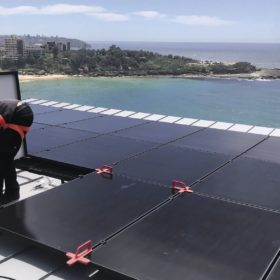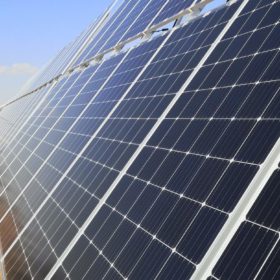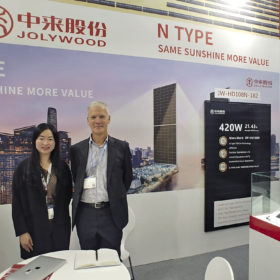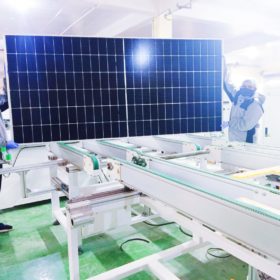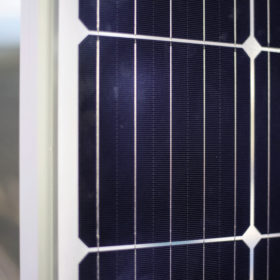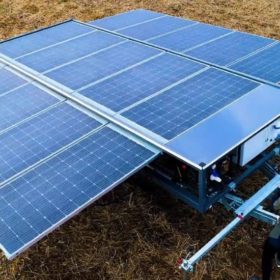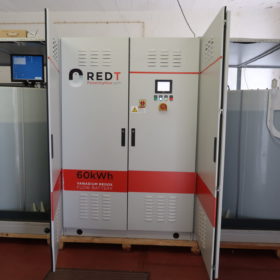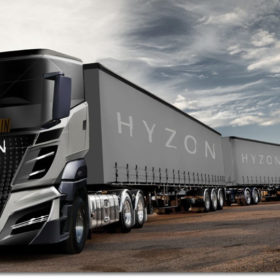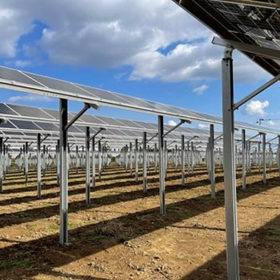Rooftop solar price to keep rising this year
British analyst GlobalData has predicted residential and commercial rooftop panels will not return to a declining price trend until next year, with post-Covid logistics headaches the cause, rather than a polysilicon shortage.
TOPCon vs PERC – a battle between fast learning curves
TOPCon solar modules will gain more market share if their average efficiency, already higher than that of PERC panels, continues to improve, according to Stefan Glunz, PV research chief at Germany’s Fraunhofer Institute for Solar Energy Systems ISE. In an upcoming pv magazine webinar on the potential of TOPCon tech, Glunz will show how to reduce costs and increase efficiency.
Weekend read: Expansions in n-type
The past 12 months have been a turbulent time for PV manufacturing. Rapid and impressive developments in technology have been accompanied by price increases up and down the supply chain, and energy shortages weighed on production in the second half of the year. Chinese n-type module manufacturer Jolywood is now pressing ahead with ambitious expansion plans despite the disruption. pv magazine publisher Eckhart K. Gouras and editor Mark Hutchins recently caught up with Cathy Huang, European sales director at Jolywood, to discuss the company’s plans to bring n-type TOPCon technology into mainstream production.
Latent heat thermal storage with PV for nearly zero-energy buildings
Researchers in Italy are combining PV with latent heat thermal storage (LHTM) and other renewable energy sources to maximize clean energy consumption in buildings. The 47kW PV array and LHTM system work independently, but the scientists said that a heat pump could be used to link them.
Indian manufacturer doubles module capacity to 1GW with new fab
Indian solar company Saatvik Solar’s new facility in Haryana is equipped to make mono PERC, half-cut, multi-busbar technology, to produce high-efficiency PV modules with 530-610Wp of power output.
Powering up PERC-perovskite tandem cells
Perovskite-silicon tandem cells offer one of the surest pathways to much higher solar efficiencies, one that has moved close to commercialisation in the past few years. Much of the work getting to this stage has naturally focused on developing a viable perovskite top cell. Optimisations to the silicon layer underneath, however, will also be important to the overall device function and efficiency. Scientists in Germany examined five different silicon cell concepts similar to those in mass production today, finding that with a few optimisations these could reach efficiencies up to 30.4%.
Solar trailer for off-grid applications
Developed by French start-up Ecosun, the trailer is equipped with 15 solar panels with output of 360 W and batteries with a storage capacity of 23 kWh. It can be used for construction sites, military camps and water pumping systems.
Vanadium redox flow battery to control extreme power ramps in rooftop PV
Researchers in Portugal have tested how vanadium redox flow batteries can be integrated with rooftop PV to balance the system load to ensure firm power output. They proposed a 5 kW/60 kWh battery configuration for a 6.7 kW building-integrated PV microgrid. According to their findings, the battery can be used in different energy management strategy scenarios to better complement solar photovoltaic generation.
Hydrogen vehicle maker Hyzon links with RACV to establish Melbourne headquarters & deliver tow trucks
U.S.-based hydrogen vehicle maker Hyzon has announced Melbourne will soon be home to its Australian headquarters as part of a newly formed partnership with RACV, which will see the pair develop a purpose-built facility for Hyzon out of RACV’s Noble Park operation in the city’s south east.
Mounting system for agrivoltaics
Designed by Chinese provider Mibet, the mounting structure can be used for different crop types. The system offers a tilt angle of up to 30 degrees and can host either framed or frameless solar modules.
